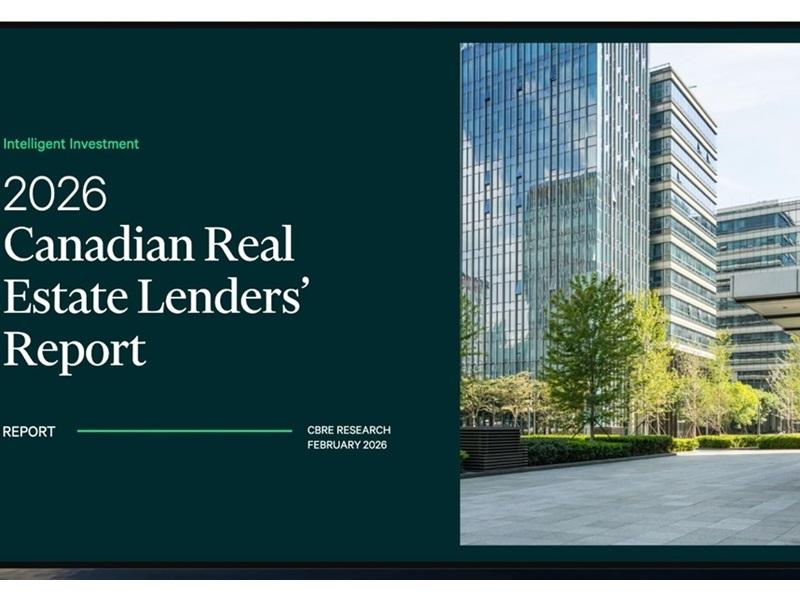As the Ontario government begins implementing regulatory measures to improve affordability, news in B.C. is that our tax-induced housing correction is over.

If experience in B.C. is any indication, the best Ontario can hope for with its foreign buyer tax is a temporary lull in the dramatic rise in house prices, columnist Cori Howard says. (Google Maps image)
This just seven months after the B.C. government introduced a 15 per cent tax on foreign nationals buying real estate in the city and five months after the city introduced a one per cent empty homes tax.
Propelled by the meteoric rise in Toronto home prices – which jumped 33% year over year — the Ontario government is poised to follow B.C.’s lead with its own 15 per cent “non-resident speculation” tax on foreign investors to help cool Southern Ontario’s market.
So what lessons can be learned from our experiences out West? What impact did the taxes on foreign buyers and empty homes actually have on the market. Did they work at all?
Last summer, when the B.C. government announced the foreign buyer tax, the whispers on the lips of many industry insiders were about how Bosa Properties would fare.
Cardero sales followed tax announcement
Sales at Cardero, a high-end, luxury condo project in Coal Harbour, started on the literal heels of the tax announcement.
Everyone was watching, with bated breath, to see what would happen.
The result? Contrary to what people thought, Bosa surpassed the market’s expectations, selling at a record price per square foot, and the market continued to appreciate beyond that.
That was the sign many were waiting for — that the tax wouldn’t really impact business. In fact, many other developers then went on to launch towers which sold quickly. Clearly, the tax wasn’t making an impact on the condo market.
Whether it was making an impact on the single-family home market was another story. According to media reports at the beginning of this year, the impact was dire: there was a “Major Housing Correction as Sales Plummet,” sales were down 40 per cent in January from the previous year.
But an informal poll of some of the city’s leading realtors leads one to the conclusion those reports were grossly exaggerated.
Foreign buyers ‘aren’t fazed’ by tax
Leslie Cannon, a realtor who has been in the business 15 years, says she had the busiest January and February of her career. So much for the constant, crippling snowfalls and the tax slowing things down – at least, for her.
“The tax made more impact in media than actually in eyes of foreign buyers,” she said. “The foreign buyers from Asia aren’t fazed by the 15 per cent tax because their friends and family are here and this is where they want to live long-term.”
A 15 per cent tax isn’t going to impact the people with deep pockets – the majority of foreign buyers.
But for buyers from the U.S. looking for an investment property in Vancouver, or a small pied-a-terre where they can come spend weekends, it’s a different story. The foreign buyer tax and the empty homes tax have served as a double whammy. It’s turned them off and sent them elsewhere.
As one American client told another realtor recently, “These taxes are very un-Canadian and unwelcoming.”
The taxes have also had a corollary effect. They’re driving local buyers, in particular young people and families, to the ’burbs and to cities like Victoria and Kelowna where things are booming and prices are going through the roof.
So not only did the taxes NOT ease affordability in Vancouver, they made things less affordable in other areas of the Lower Mainland and in other B.C. cities.
“I don’t think the taxes have had much impact,” says a West Side realtor. “The market was slowing anyway and it would’ve given people time to get into the market. Instead, the tax scared everyone and buyers and sellers both got cautious. But, now it’s picked back up.”
Words of caution to Ontario
It’s probably too soon to judge the full impact of the taxes, but there are already words of caution being issued to the Ontario government.
“There is now reason to believe that the market correction underway in Vancouver may be short-lived,” Royal LePage president, Phil Soper, told CTV News. “An unfortunate side effect of heavy-handed regulatory intervention is that we risk market whiplash.
“In the coming weeks, it is possible that six months of pent-up demand will be unleashed on the market, sending prices sharply upward again; this when the pre-intervention 2016 trend was a natural market slowdown based on eroding affordability.”
The more sensible policy measures are to tighten mortgage lending rules, or raise interest rates. But the latter comes with its own suite of problems and has a huge impact on the overall economy.
So the takeaway for Ontario from out West: the taxes had only a small, temporary impact and ended up hurting the wrong people (like academics and entrepreneurs wanting to move and work here). They turned others off of Canada in general, and ultimately have not helped to ease the affordability of housing.







